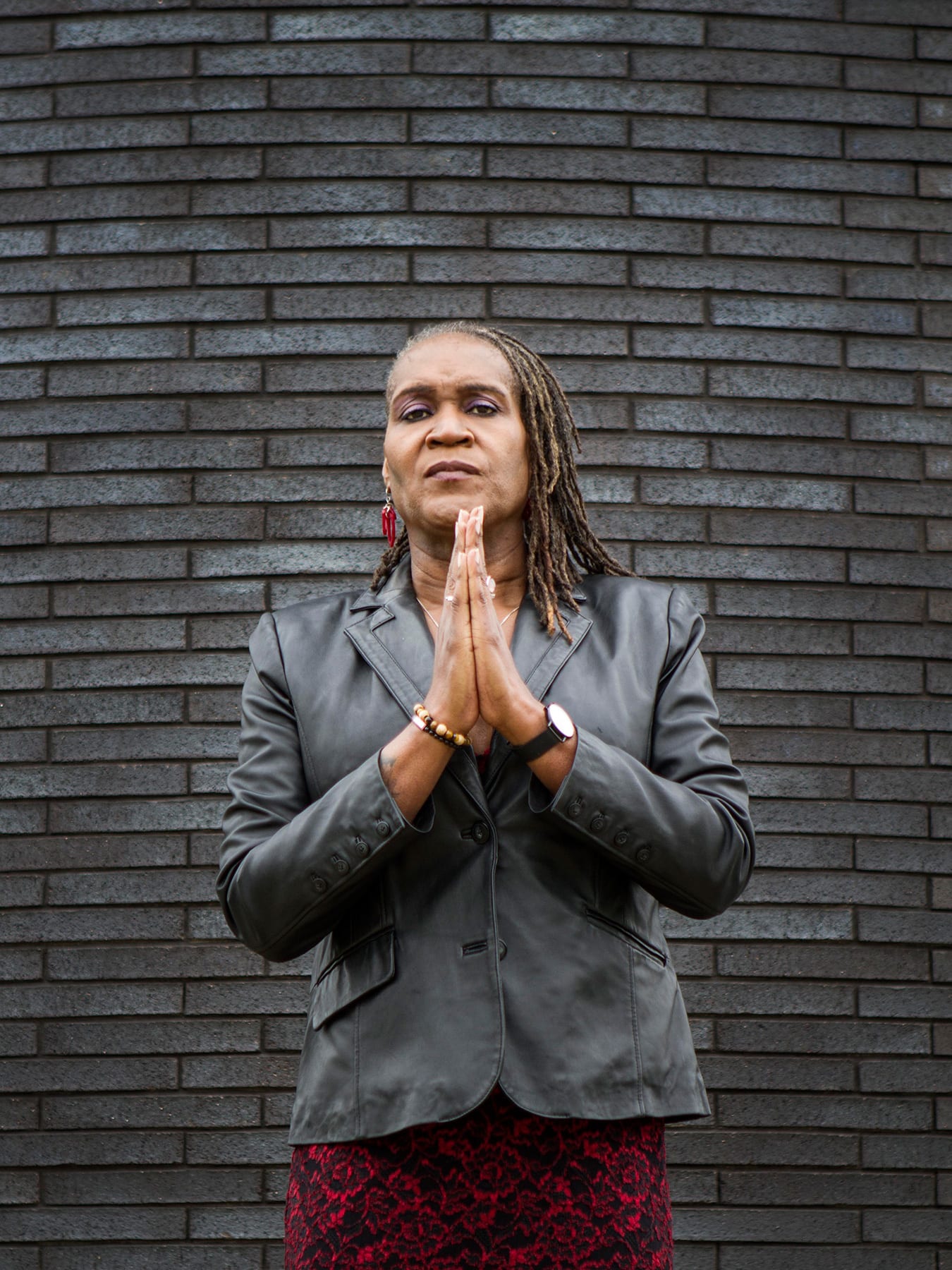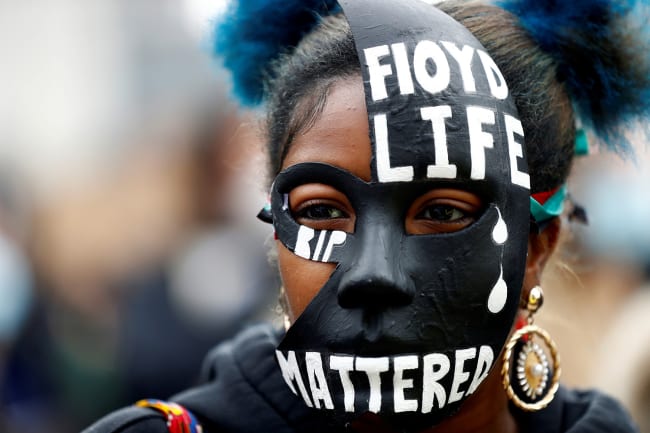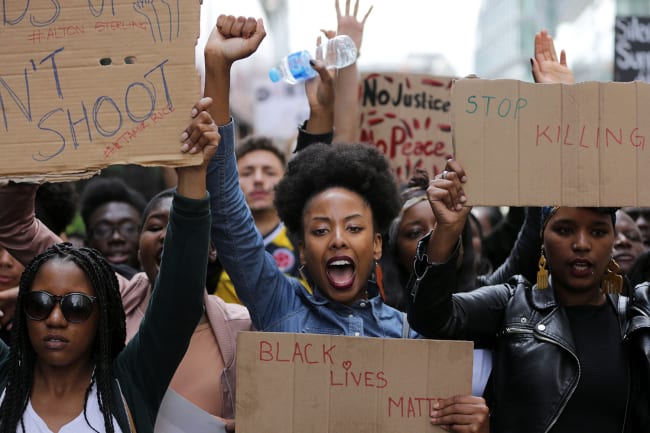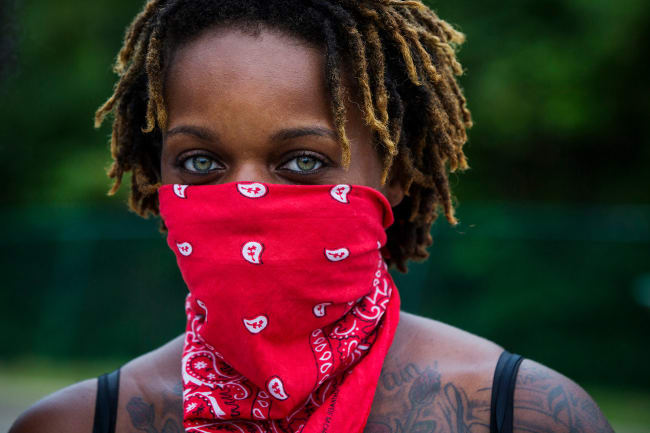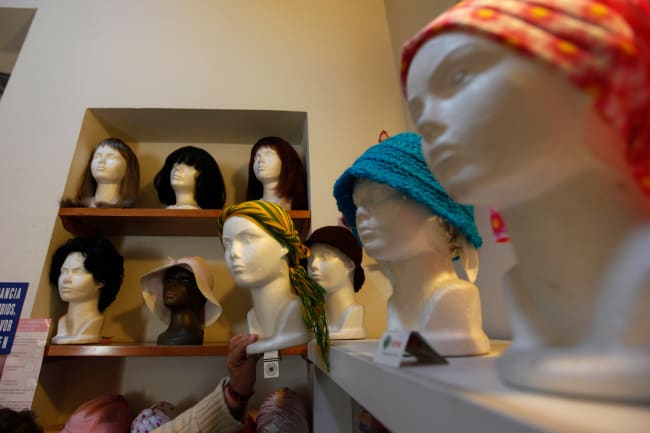With the explosion of COVID-19 cases in the United States this summer and the eruption of widespread protests following the death of George Floyd, two overlapping pandemics have thrust themselves onto the American stage, laying bare inadequacies in health security against an exposed underbelly of systemic U.S. racism. One thoughtful voice heard this summer has been Minneapolis City Council Vice President Andrea Jenkins, who made headlines in 2017 after becoming the first Black, transgender woman to be elected to the council of a major U.S. city. A few weeks ago, Jenkins spearheaded a resolution declaring racism a public health crisis in Minneapolis, where George Floyd was killed by police officers on May 25. A few weeks ago, Think Global Health sat down for a video call with Jenkins and discussed her motivations for declaring the crisis, what sets Minneapolis' response apart from other cities, and her longstanding fight for racial equity and LGBTQ+ rights.
□ □ □ □ □
THINK GLOBAL HEALTH: What do you mean when you say that racism is a public health crisis? Why did you pass this resolution?
JENKINS: I think that I'm certainly not the first person to talk about racism as a public health crisis. There have been several cities [that] have proclaimed that fact.
The correlation between racism and physical health is well documented
Racism has a significant impact on people's physical health from having higher rates of treatable diseases like high blood pressure, diabetes, hypertension, obesity, and much higher fatalities from those ailments. And really, it's related to stress—undue stress produced by racism and the high cortisol levels when dealing with the stress. So, I mean, the correlation between racism and physical health is pretty solid and actually, pretty well documented, from the stress from the impacts and the oppressions of racism, from high crime in very low-income communities, to living conditions that are unsafe that impacts rates of asthma, lead poisoning, and other health impacts.
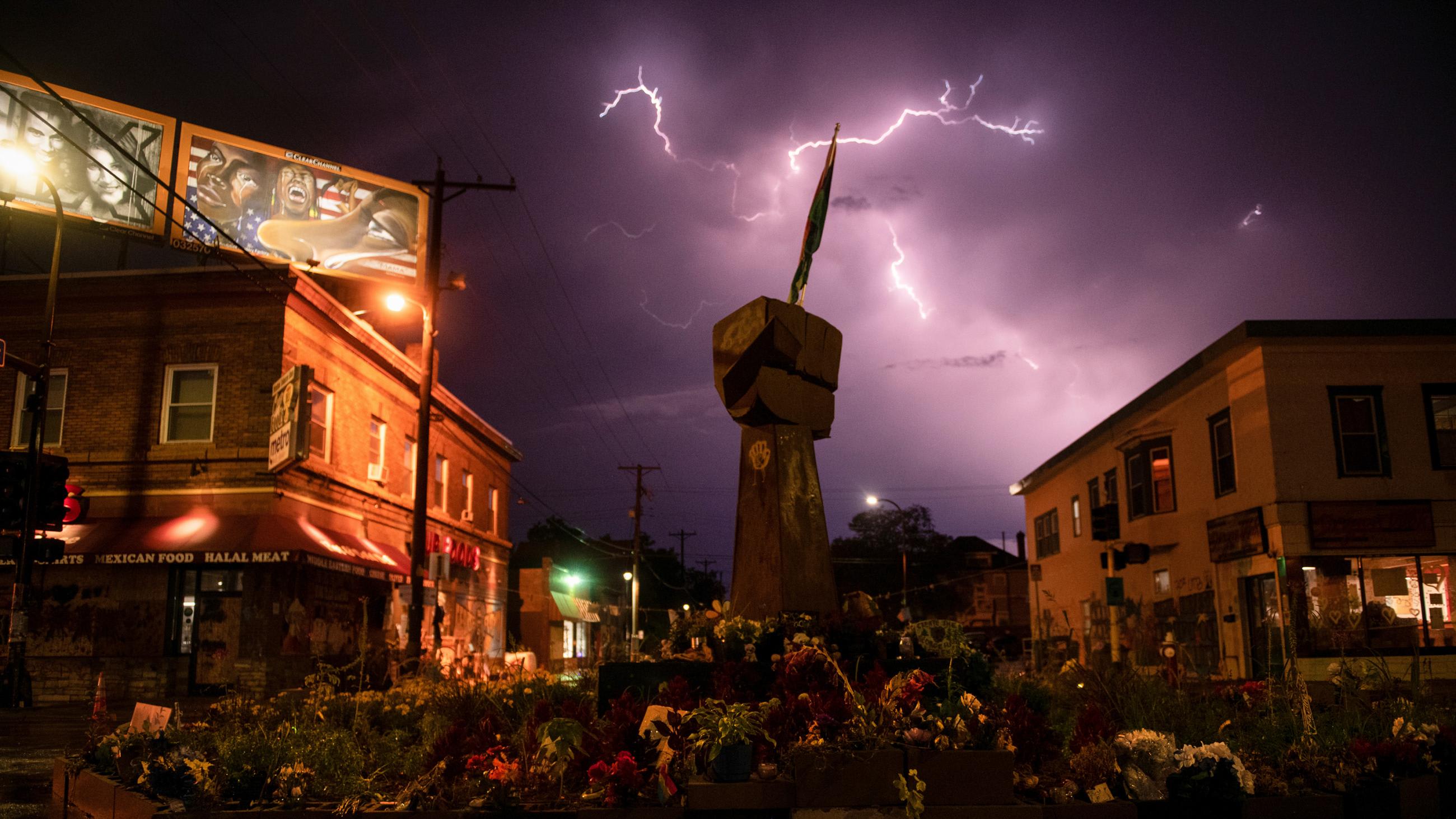
THINK GLOBAL HEALTH: What does the declaration actually mean in terms of improving human health? Does it move funding around somehow, does it change access to care, increase public awareness? And how does it further the active dismantling of racist systems and practices?
JENKINS: It absolutely does all of the above and shifts priorities. It informs and creates awareness about the issue. It draws attention to the systemic nature of racism, [which] not only impacts physical health, it impacts our society and social health as well. Certainly, one can say that systemic racism impacted the life of George Floyd, but it was a social as well as this physical impact.
A social as well as physical impact
Just the fact that Black and brown people are said to be even more susceptible to the coronavirus—why is that? It's not genetic. It's the social issues that have been constructed by the systemic racism in our societies. People live in lower income communities. More people of color have low incomes and work in what have now been deemed to be essential jobs. But these are places [where you] are much more likely to have interactions with the virus—places like senior care facilities, fast food restaurants, and grocery stores. All of these places are essential, but [offer] pretty low-wage jobs that really kind of force people to live in closer proximity to each other in communities that have less services, less access to health care.
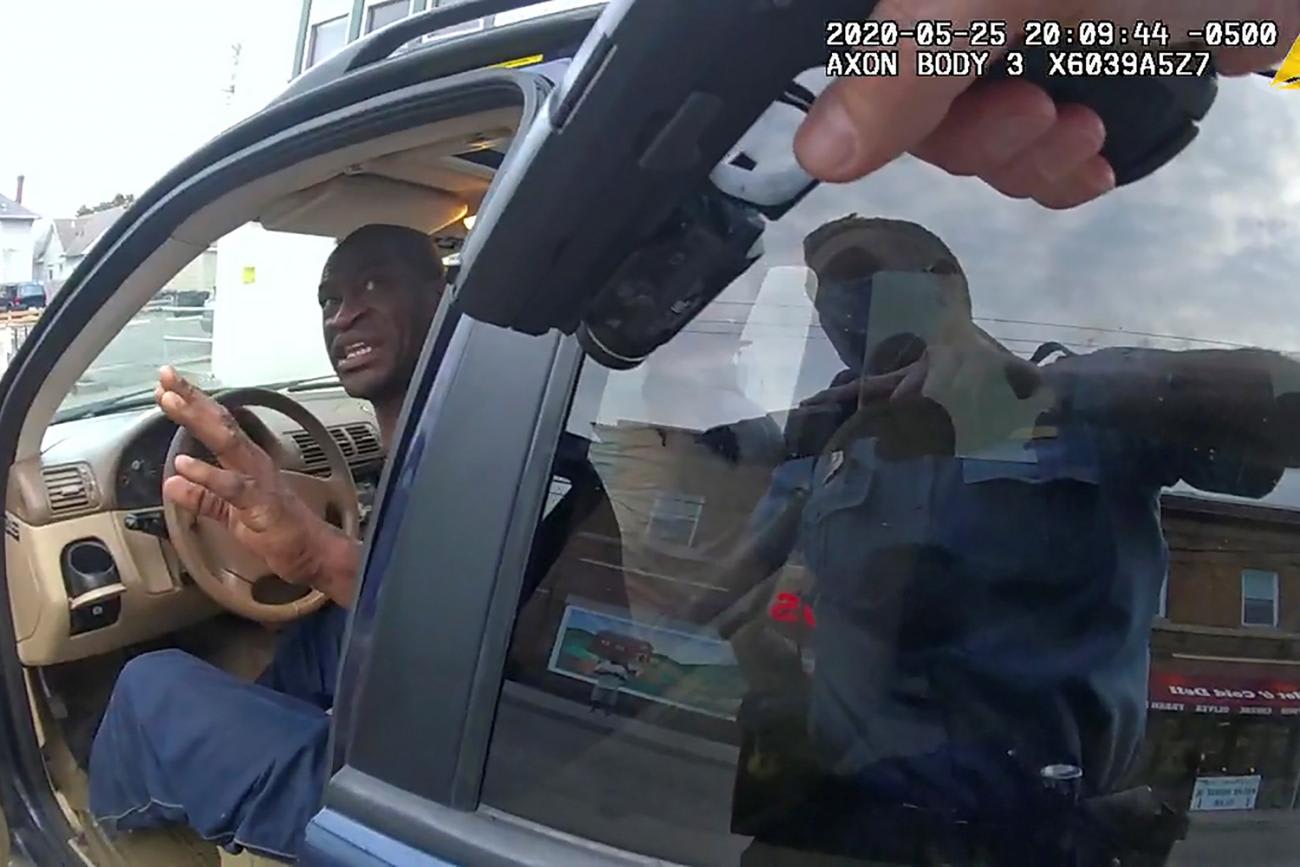
We don't have universal health care in our country. Every civilized Western nation, has national health care because they recognize that in order to have a healthy, productive society, everybody should have access—equal access—to safe and affordable care. Our country says health care is for the people who can afford it. If you have a job, you get health care. If you don't have a job, guess what, you don't get health care. Not even all jobs pay health care. The only way I can think that we don't have nationalized health care in this country is because of systemic racism.
If we had nationalized public health care, we would have a much different approach to dealing with this coronavirus, which would probably lead to much different outcomes, and our economy wouldn't be in full collapse right now. And the only reason why people are wanting to reopen our economy is because the data has shown that the people who are dying are Black and brown people and elderly people—people who a certain percentage of our population believes are expendable. That's racism.
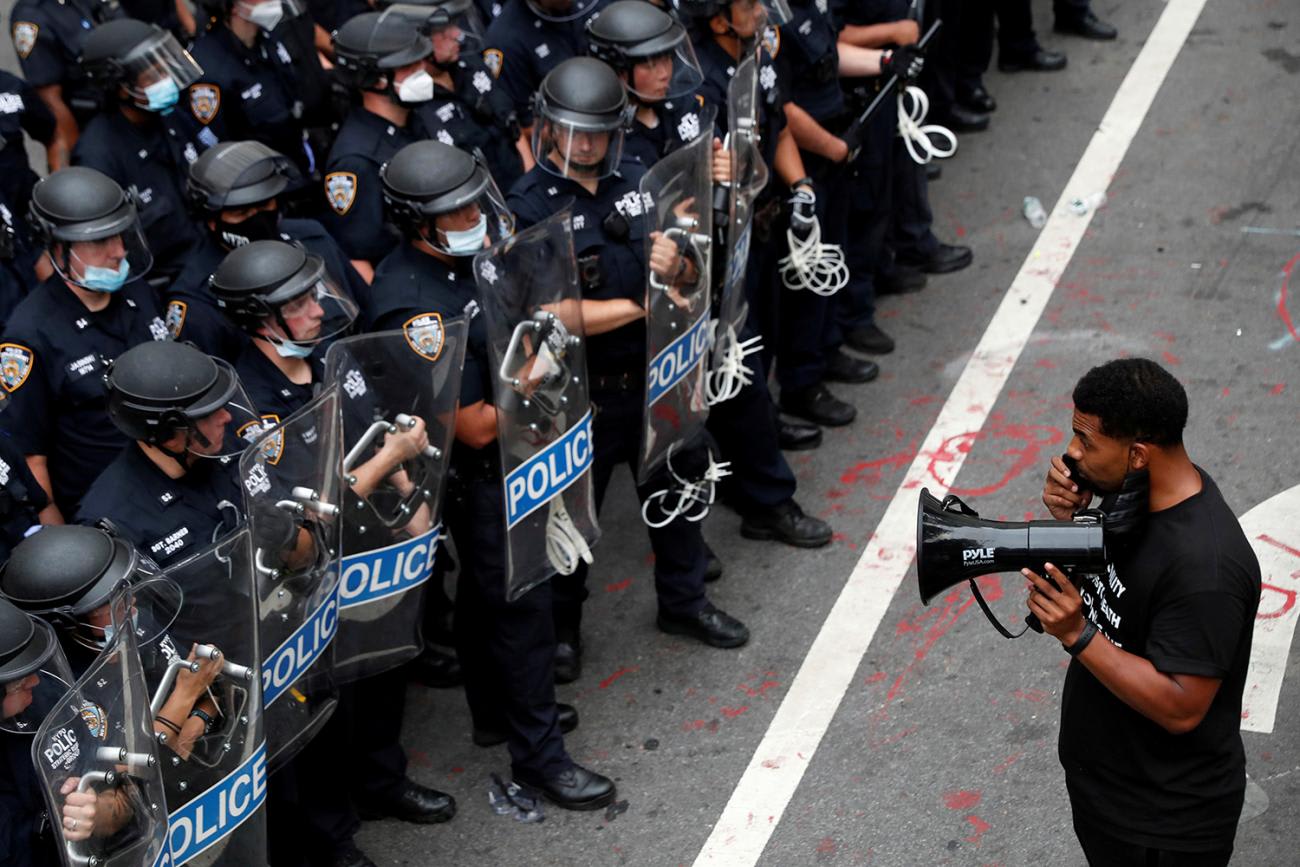
THINK GLOBAL HEALTH: Minneapolis is by no means the only large city to make a declaration of this kind in the last several weeks, nor was it the first. But your resolution stands out because it presents several specific solutions. Why was it important to go that extra mile?
JENKINS: It is wonderful to make proclamations and to resolve things. However, we see a lot of times people make strategic plans, people have really great intentions, but unless you document it, unless you name it… which first was the major reason why we wanted to do this declaration—to make sure that we are claiming racism in our society and not as a way to shame and blame people. That is not the point. The point is to heal our society from what is ailing us, and we believe—and many, many other people do too—that racism is an impediment to a healthy America and a healthy society. That being said, doctors don't just say, "you've got cancer" and so on and think of some ways to cure it, right? They come back with a protocol. They have a protocol for every disease: these are the best practices, this is how you measure how a patient is doing in their recovery. We wanted to take that same kind of approach.
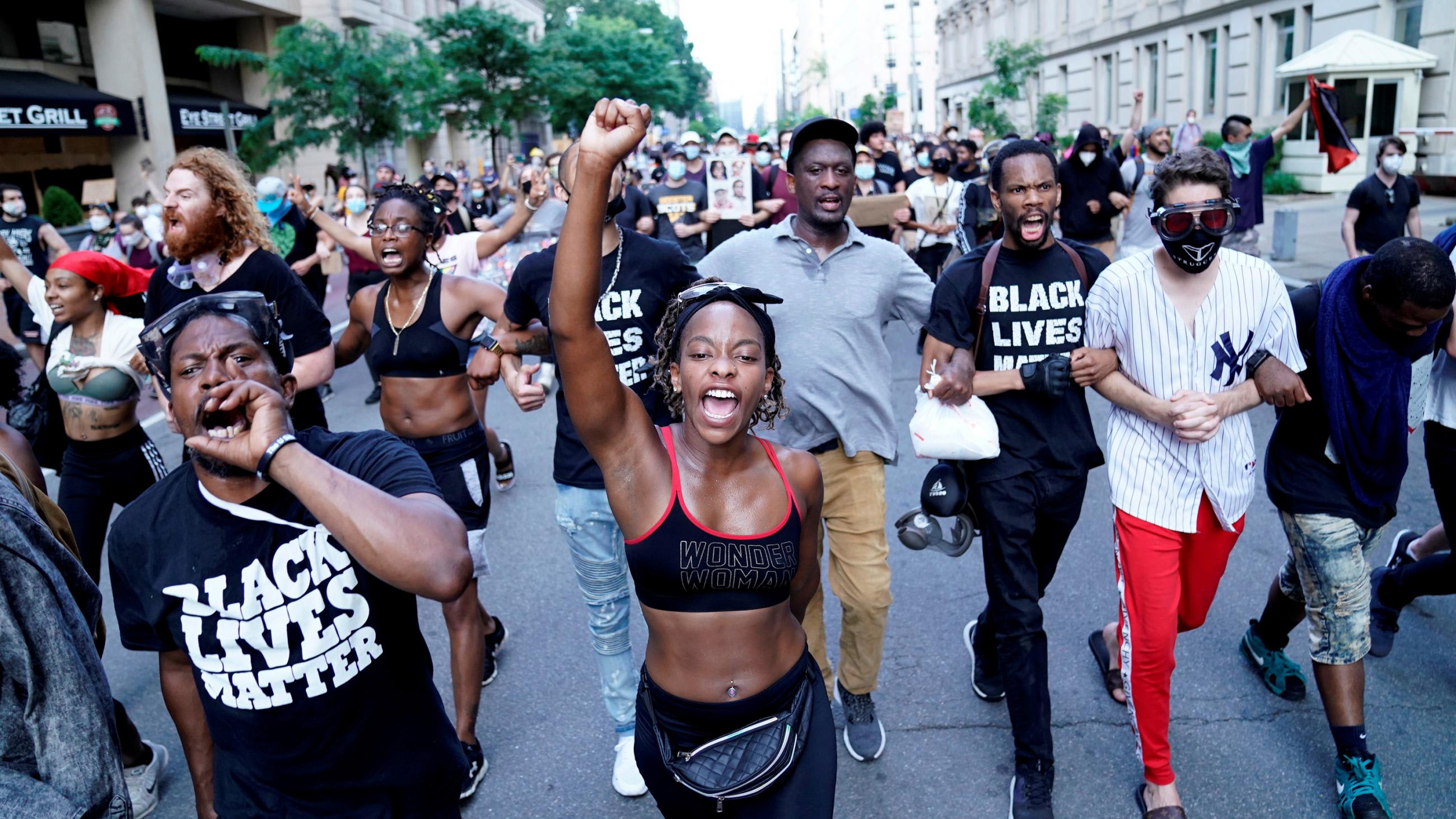
THINK GLOBAL HEALTH: What sort of responses have you gotten so far?
JENKINS: So certainly locally, we've been hearing from just a lot of medical professionals, medical associations and health-care networks really applauding this declaration. As you may be aware, the county in which Minneapolis resides passed a very similar resolution and now the state is considering a resolution declaring racism a public health crisis. So, it has had an impact, I think, on our local political bodies, as well as our corporate community. And I think the response has been positive. Just from constituents, I've been hearing a lot of support and sort of gratefulness for declaring this a public health crisis. I think it gives people license to be able to discuss it in a much more real way. Putting it in "a more scientific way" lessens some of the personal attacks that people tend to feel when the word racism is mentioned. There is a visceral reaction by certain communities when they hear that term. This allows the conversation to continue in a way that it may not have otherwise.
□ □ □ □ □
THINK GLOBAL HEALTH: What about internationally? Have you had any feedback from anyone in other countries?
JENKINS: We got a letter from the International Medical Association indicating that they support it and have a similar type of resolution. So that felt pretty good. Just the fact that Think Global Health wanted to talk to me about the resolution says that it's having an impact on the global consciousness. At this moment in history I think it's really important to counter the messages of racial division that has been growing globally. We've seen a hard shift to the right recently, which at the very core of that sort of conservative austere movement is race and racism. Certainly there are class issues that are involved in that too. But it really comes down to visceral ideas about race and superiority and what races of people are better than others. I think this movement for Black lives comes at a time to really counter that narrative and give us a chance as a global community to come together and fight for racial harmony, as opposed to racial division.
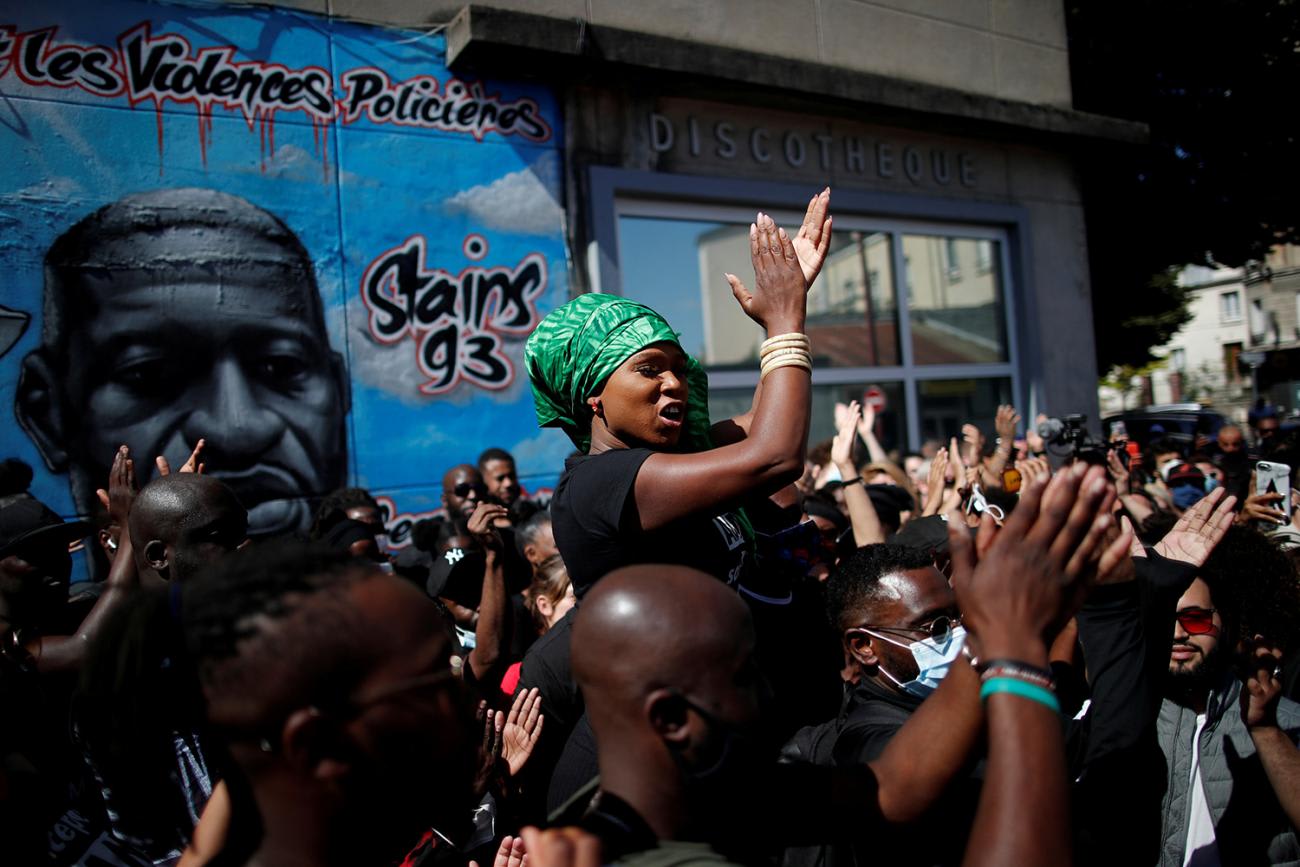
THINK GLOBAL HEALTH: What about COVID-19?
JENKINS: I think the impacts [of COVID-19] are purely social. I mean certainly anyone—dignitaries, high political officials can contract COVID-19. But it is much more likely to be in low income communities of color because of the sort of environmental conditions—people are living in closer proximity to each other. There are higher levels of environmental pollution in those communities. The types of employment that people have make them more susceptible to the virus. The fact that people don't have the option to work from home really puts [them at] more risk of the coronavirus.
There are higher levels of environmental pollution in those communities
People of color, low-income communities tend to use public transportation more than the broader community—again, making you much more susceptible to the disease. Farm workers, [may] not have the, the proper kinds of PPE, no access to health insurance, and no access to paid sick days when they do get sick. So they continuously come to work and infect everybody else. And then because of the underlying conditions that have been created by racism and oppression—like asthma, diabetes, obesity, hypertension, high blood pressure—all of these things create a much more ripe environment for some very challenging reactions to COVID-19. People with underlying health conditions tend to not recover well—if they recover at all. Those are the places where we're seeing the highest mortality rates, in communities of color. In particular, in people with underlying health conditions.
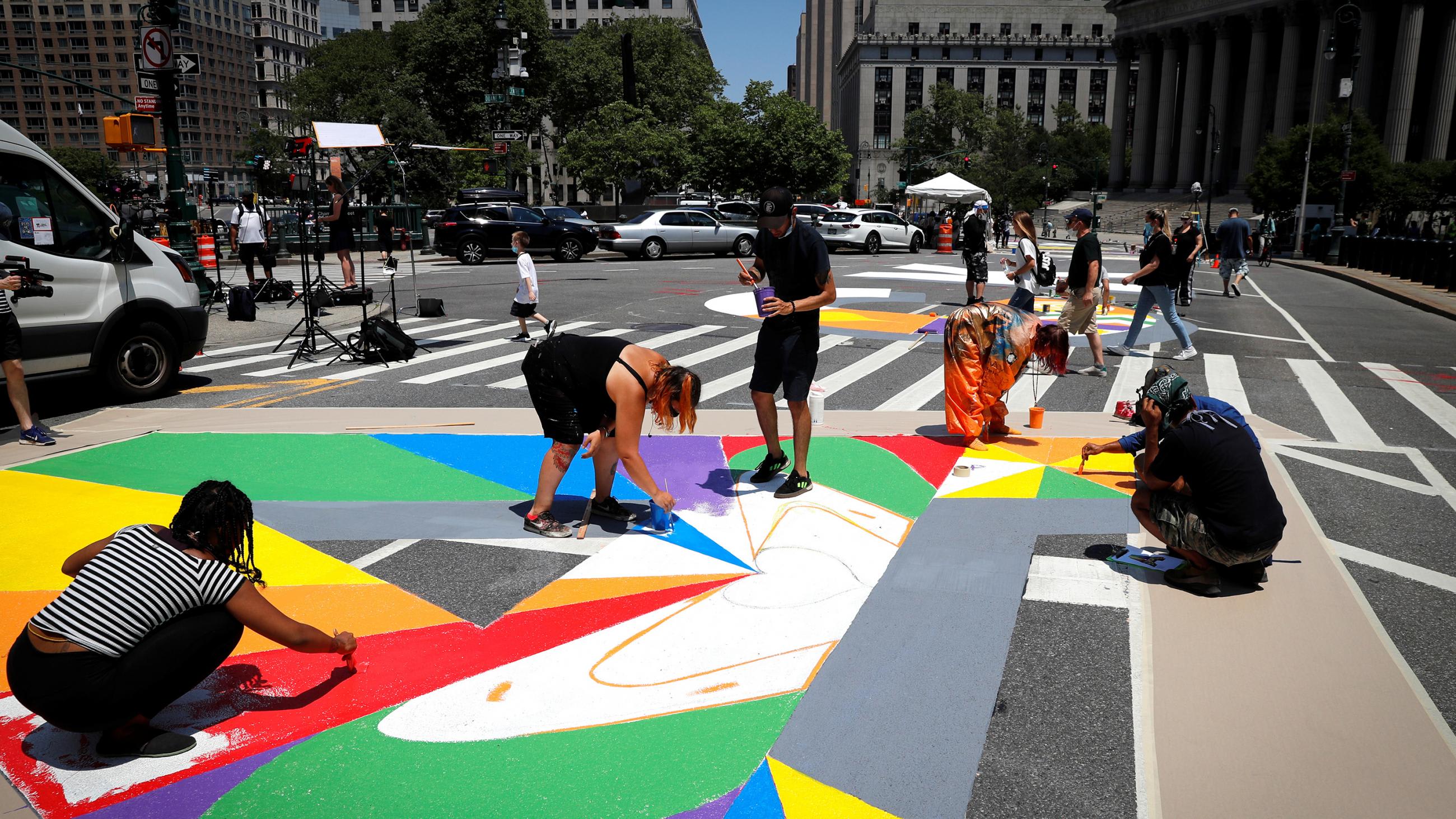
THINK GLOBAL HEALTH: There has been lots of research on how health disparities disproportionately impact the LGTBQ+ community —higher burdens of suicide, stress, substance abuse, social isolation, poverty, intimate partner violence, and lack of access to care—all of which are exacerbated in COVID-19. But the U.S. government is not collecting data on how COVID-19 is impacting members of the LGBTQ+ community. Should the United States be collecting this data? Is it too late?
JENKINS: You asking this question has really just brought back to mind how deep and extensive my work has been around health outcomes for broadly African American people and even more specifically for LGBTQIA identifying communities.
Oppression and political harassment from our mainstream culture and society
You know, twenty plus years ago, I served on the Governor's task force for HIV/AIDS and really have been involved in thinking about equitable health care for LGBTQ+ communities for a very long time. All the things you've mentioned are absolutely true, including higher rates of smoking in LGBTQIA communities and higher rates of alcoholism and substance abuse in LGBTQIA communities. A lot of that comes from isolation [which] comes from oppression and political harassment from our mainstream culture and society. And I absolutely think that we should be collecting data on how the coronavirus is impacting LGBT communities—the government should. There are entities that are collecting data and really trying to understand how the coronavirus is impacting LGBTQIA communities, but absolutely the government needs to be doing more.
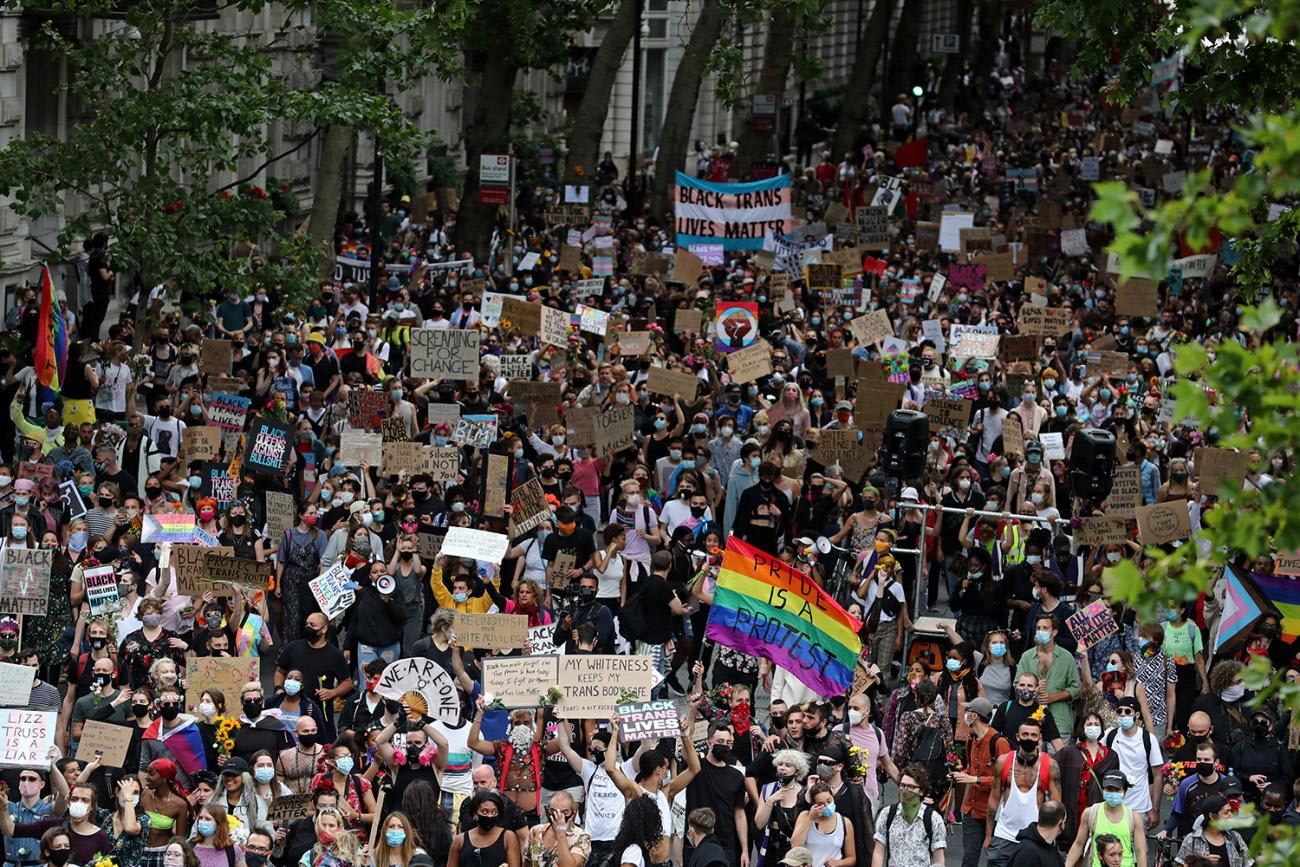
THINK GLOBAL HEALTH: Is there anything else you want people to know?
JENKINS: Yeah, I do because you brought up the LGBT community, and I'm so grateful that you did because I think it's overlooked. Within the LGBTQIA community, there's a pandemic going right now. And that is the murder of Black and brown transgender and gender non-conforming people, and primarily Black transgender women are being murdered at astronomical and unacceptable rates.
When we hear about LGBT people being harassed or murdered, it is overwhelmingly transgender people we are referring to
So far in 2020 [as of early August], there have been twenty-seven murders of Black, Black and brown transgender or gender non-conforming people—some by the police—many because of the very factors that we've been talking about in this interview. Poverty, lack of access to health care, lack of access to safe and affordable housing, lack of access to employment, which is based on discrimination against LGBT people. It's even more impactful if you are a person of color, and particularly a Black or Latinx person. So we have to include those issues, those communities, in our conversations around racism. How do we lift up marginalized communities to be safe and to be whole and to be fully valued and engaged members of our society? And so I want to bring attention and awareness to this crisis. It's a global issue. When we hear about LGBT people being harassed or murdered, it is overwhelmingly transgender people we are referring to. It is not just spread equally across all of the letters of the acronym. It is overwhelmingly—like in the 90th percentile—Black and brown transgender and gender non-conforming identifying people.
So thank you for the opportunity for this conversation, and I guess I would just add that the same kinds of remedies that we are suggesting may bring more parity and equity as it relates to racism will be the same kinds of remedies that I would bring to approach the issues impacting Black and brown transgender people.
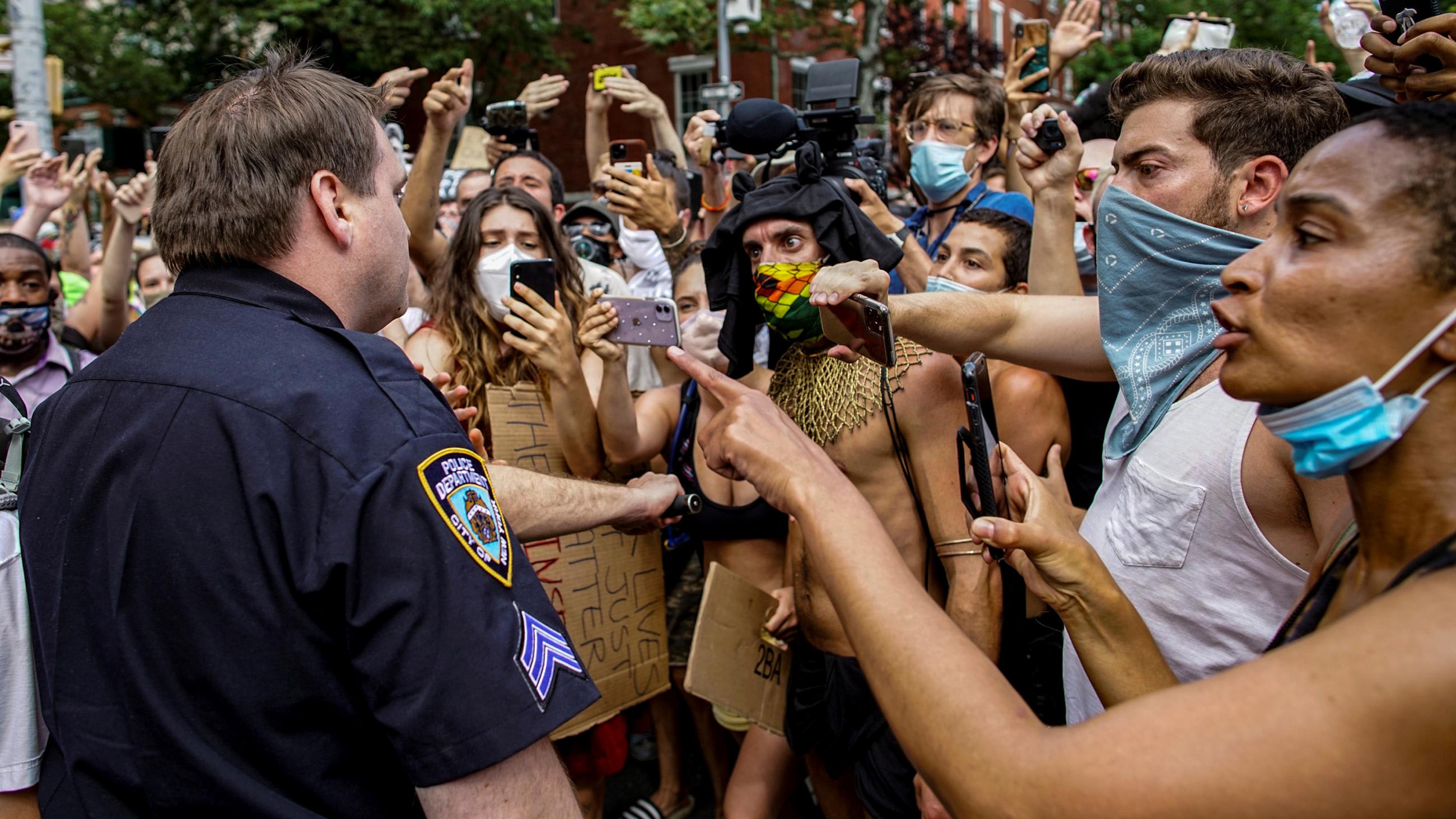
EDITOR'S NOTE. This interview was conducted via video conference. What is printed here was taken verbatim from the transcript of the interview but edited slightly for length and clarity.
